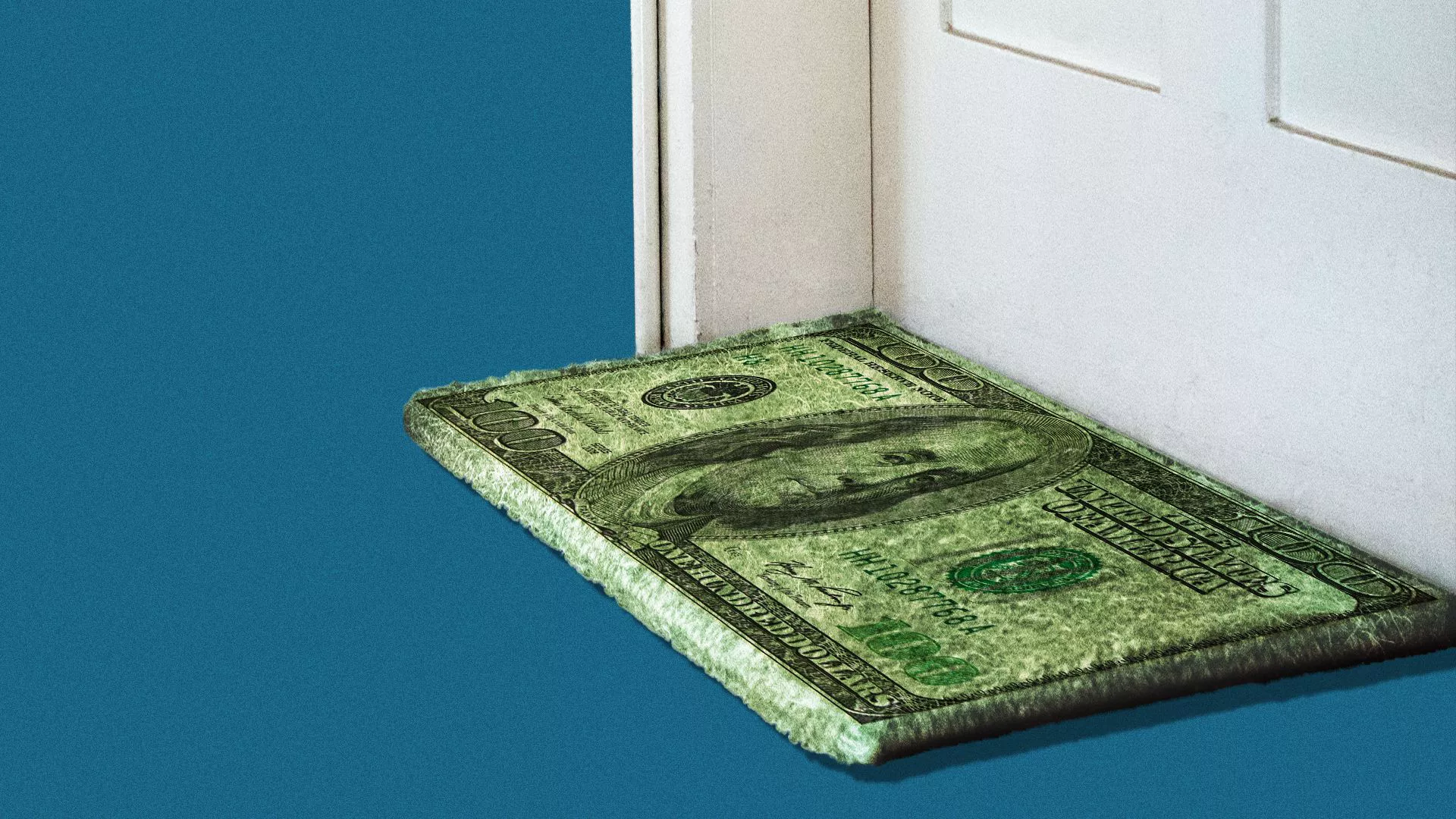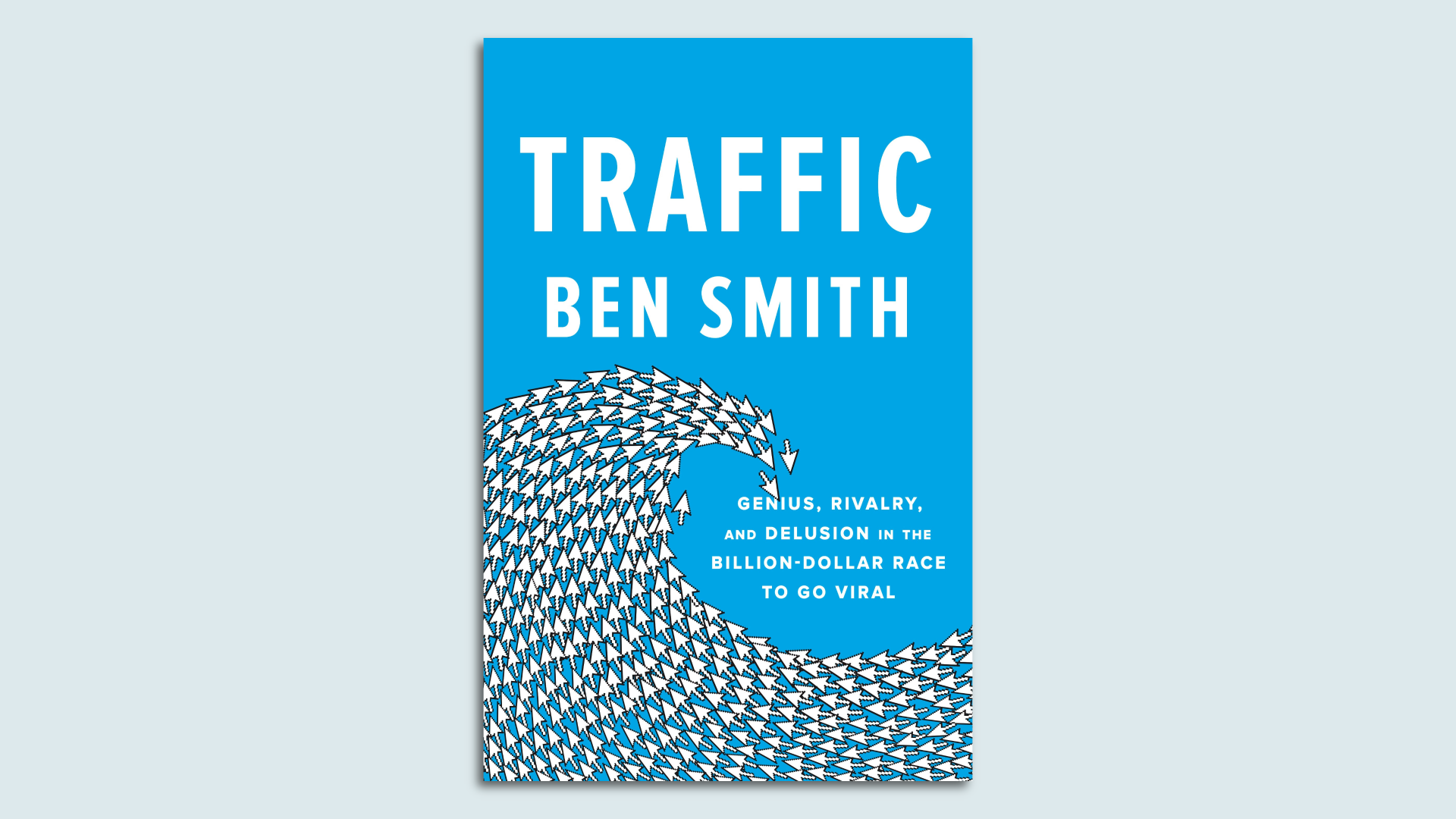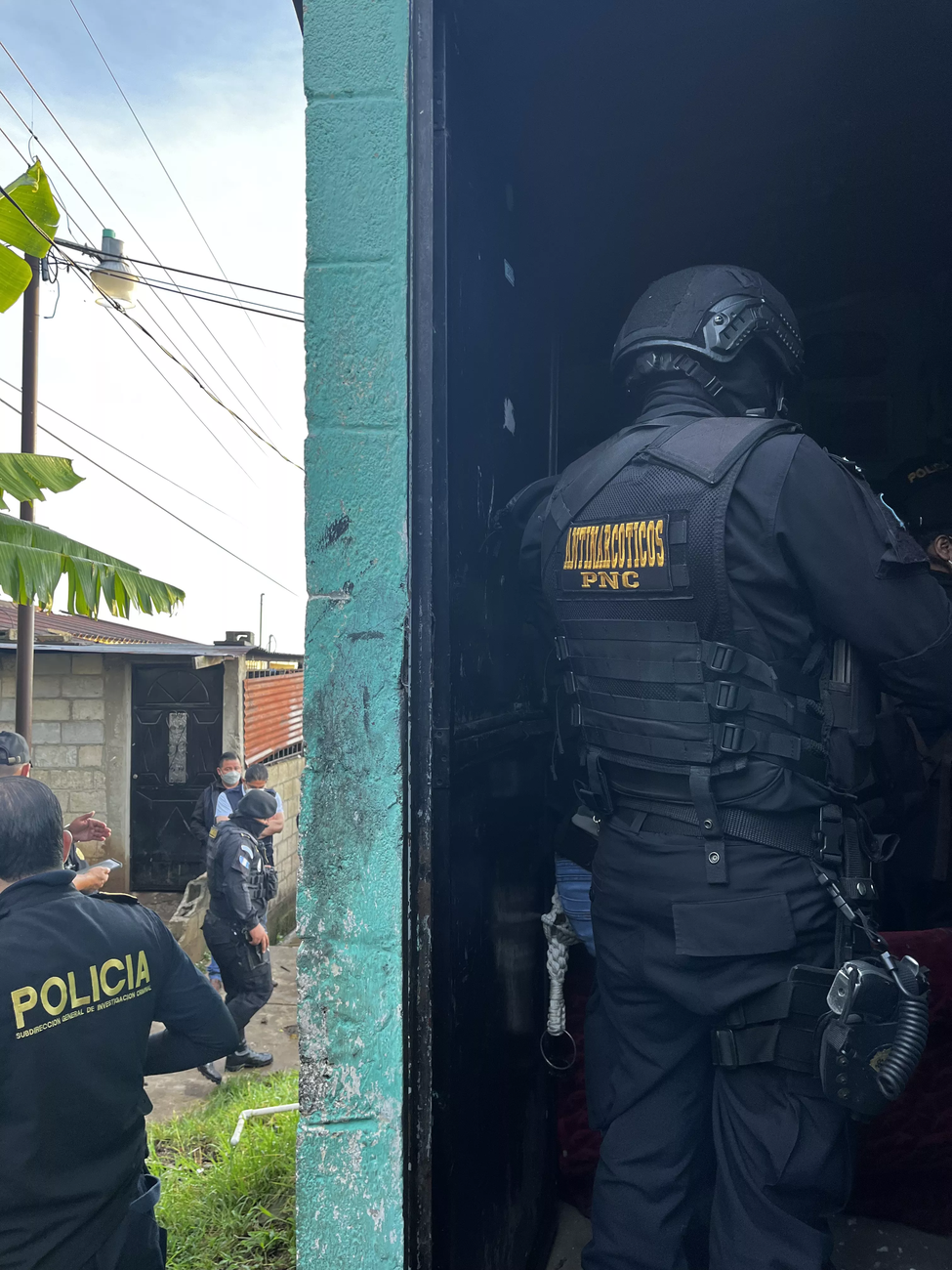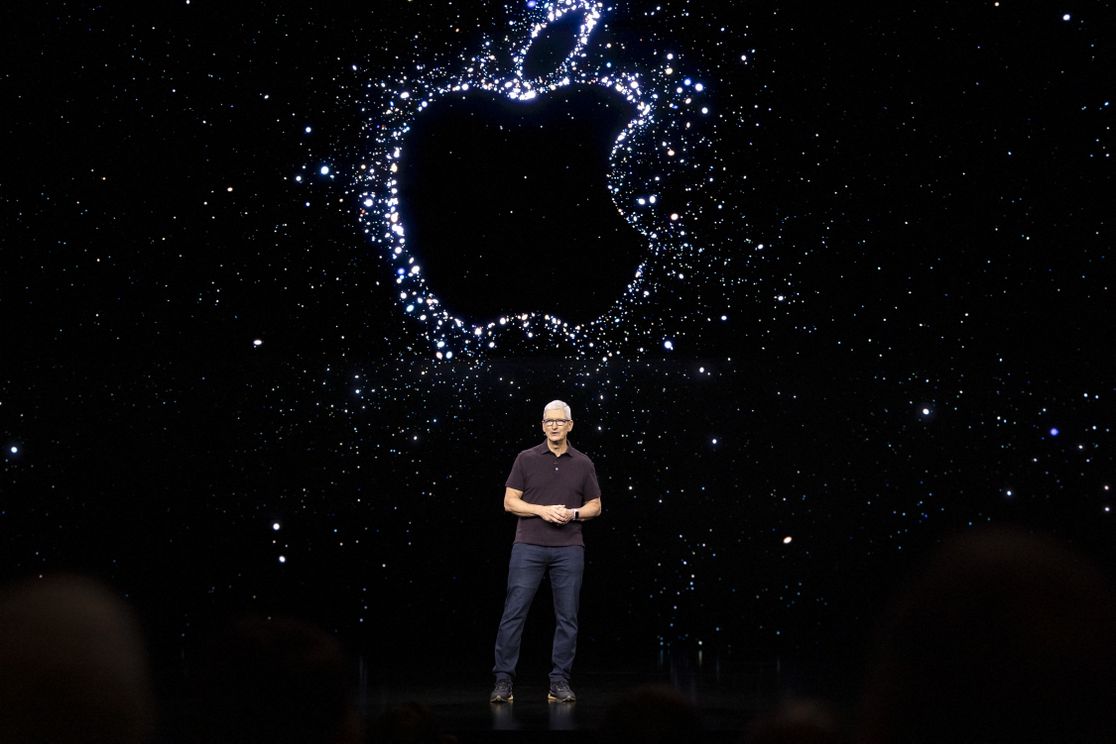| |
| |
| |
| Presented By Facebook |
| |
| Axios AM |
| By Mike Allen · Sep 08, 2022 |
| Hello, Thursday. Smart Brevity™ count: 1,485 words ... 5½ mins. Edited by Noah Bressner. ⚡ Breaking: A Las Vegas-area elected public official was arrested in the fatal stabbing of Las Vegas Review-Journal reporter Jeff German, whose investigations of the official's work preceded his primary loss in June. - Clark County Public Administrator Rob Telles (D) was taken into custody by SWAT officers. Keep reading.
|
| |
| |
| 1 big thing: "Zero down" mortgages gain ground |
 |
|
| Illustration: Maura Losch/Axios |
| |
| More banks are offering mortgages that don't require some first-time buyers to save up a large down payment — part of an effort to close the racial and ethnic homeownership gap, Emily Peck writes in Axios Markets. - Why it matters: These programs allow lenders to target neighborhoods that are largely Black or Hispanic. The banks use what's called a special purpose credit program (SPCP) that permits lenders to discriminate in order to help disadvantaged borrowers.
Bank of America last month announced "zero down payment" loans for first-time homebuyers in predominately Black and Hispanic neighborhoods who meet certain income requirements. - Two other banks, JPMorgan Chase and TD Bank, offer similar programs. If they were adopted widely in both the public and private sectors, programs like these could truly make a dent in the racial homeownership gap. But so far they haven't been.
🧠 How it works: Bank of America's "zero down payment" loans technically require a down payment, but the bank is offering grants of as much as $15,000 to cover it. - So buyers don't have to come up with the down payment. But they're not borrowing the entire cost of the home, and wind up with some equity off the bat.
- That's distinct from the zero-down loans that, along with questionable underwriting standards, helped make such a mess in the run-up to the Great Recession.
What's happening: The programs are gaining traction now partly because of the renewed focus on racial equity coming out of the protests of 2020 and because of the White House's support, said Liam Reynolds of the Urban Institute, who co-wrote a piece about these types of programs. - Back in 2020, BofA and JPMorgan both pledged to spend billions of dollars on racial equity.
Share this story. |
    |
| |
| |
| 2. 🇬🇹 Axios in Guatemala: U.S. fight against human smugglers |
| Guatemala's anti-narcotics unit conducts a search. Photo: Stef Kight/Axios MIXCO, Guatemala — Two wide-eyed schoolgirls in uniforms watched in silence from their doorway as armed national police, deploying with U.S. officials, raided a neighbor's cinder block home to seize evidence of a fraudulent visa-making operation, Axios' Stef Kight writes. - Why it matters: The suspect (alias "Robocop") was the target of a group of Guatemalan national police trained by U.S. homeland security officials to crack down on drug smuggling, human trafficking, fraud and other crimes that threaten American security.
Axios embedded with the team to show how these Transnational Criminal Investigative Units (TCIUs) operate. It's the first time a U.S. reporter was given access to one of these operations. - Human-smuggling cases have become a primary focus for the U.S-Guatemalan unit since the rise of migrant caravans in 2019.
Guatemalan agents execute a search warrant. Photo: Stef Kight/Axios How it works: The U.S. lacks jurisdiction to arrest criminals in other countries. Local police often lack adequate resources or are plagued by corruption. - "We're extending the border," Ricardo Mayoral, deputy assistant director at Homeland Security Investigations, told Axios — training partners in the Western Hemisphere and beyond to stop criminal networks from coming to the U.S.
Share this story. |
    |
| |
| |
| 3. Global energy stall |
 |
|
| Illustration: Aïda Amer/Axios |
| |
| The West's response to Russia's invasion of Ukraine has upended the flow of global energy at a pace and scale unseen in decades. - Why it matters: The stakes for Europe are seismic. Consumers are enduring soaring costs, and factories are cutting output, Axios Generate co-author Ben Geman reports.
Where it stands: Before the invasion of Ukraine, Russia provided 40% of E.U. natural-gas supplies. That has fallen greatly already. Tight markets and geopolitical risks have sent prices soaring. - In March, the U.S. and EU announced an agreement for additional supplies this year and a major rise through 2030.
🥊 Reality check: The near-term target seems achievable — in no small part because the U.S. shifted much of its Asia exports over to European customers. But that might not work again this year. - And industry goals may run up against climate policies on both sides of the Atlantic.
Share this story. |
    |
| |
| |
| A message from Facebook |
| Facebook is taking action to keep its platform safe |
| |
 |
| |
| We spent $16 billion to enhance safety and security across our platforms over the past 6 years. That's enough to build 7 pro stadiums. And it's just one example of the work we're doing to create safer connections. Learn more about our work ahead. |
| |
| |
| 4. 🍽️ More people eat out than pre-COVID |
 Data: OpenTable. Chart: Axios Visuals Dining out has passed pre-pandemic levels, Axios' Emily Peck writes from OpenTable data. - Why it matters: While the fight rages on over going back to the office, other areas of our lives have returned to something like normal.
The number of people who reserved on OpenTable in the U.S. in August was higher than in 2019. - Air travel over Labor Day weekend also exceeded pre-pandemic levels.
But offices have a long way to go. Average workplace occupancy is just 44% in a 10-city back-to-work barometer from office-security giant Kastle. |
    |
| |
| |
| 5. 📱 3 big iPhone 14 changes |
 |
|
| Photo: Apple |
| |
| The iPhone 14, unveiled yesterday, looks a lot like the iPhone 13 (which looked a lot like the iPhone 12). But it includes under-the-hood transformations, Axios chief tech correspondent Ina Fried writes. - Why it matters: The smartphone market is mature. That means it's hard to dramatically improve the device itself. But smartphones are so central to our lives that even modest changes pack a punch.
Apple CEO Tim Cook speaks at yesterday's "Far out" event at Apple Park in Cupertino, Calif. Photo: Brittany Hosea-Small/AFP via Getty Images Here are three significant changes in the iPhone 14 family: - eSim: Apple is doing away with the physical SIM card, which ties a phone to a number and a cellular carrier account. eSim is software that does the same thing. This is classic Apple — getting rid of a connection technology that's ubiquitous but also heading toward obsolescence.
- Satellite and crash detection: Two signatures of the iPhone 14 are features customers hope never to need. The satellite SOS feature allows people to summon help even when off the cellular network. New sensors on the iPhone 14 (and the new Apple Watch models) can detect severe car crashes, and automatically call first responders and emergency contacts.
- "Dynamic Island": It wasn't a surprise that Apple shrunk the notch on the front of the iPhone. The twist is that Apple is using the extra space to deliver notifications and controls via a feature it calls "dynamic island." Messages about incoming calls or menu choices will balloon out from the notch — and vanish back into it when you're done.
Go deeper: Catch up on everything Apple introduced — including the new iPhones, new Apple Watch and Watch Ultra, and revamped AirPods Pro. |
    |
| |
| |
| 6. Terrifying times in Memphis |
| Memphis police investigate a reported carjacking last night. Photo: Brad Vest/Getty Images Police in Memphis last night arrested a 19-year-old suspect after four people were killed and three others were wounded when a man drove around the city shooting at people. - The hours-long rampage forced residents to shelter in place, and left at least eight crime scenes. Get the latest.
Memphis, the Home of the Blues, already was traumatized by the slaying of Eliza Fletcher, 34, who was abducted during a pre-dawn run last week. - Memphis police said Fletcher — a mother of two and a kindergarten teacher — was jogging near the University of Memphis campus when a man forced her into an SUV after a brief struggle around 4 a.m.
A judge yesterday revoked bond for a 38-year-old man charged with her murder. Get the latest. |
    |
| |
| |
| 7. 📚 Ben Smith's clickbait surprise |
 |
|
| Cover: Penguin Press |
| |
| Ben Smith, former editor of BuzzFeed News, will be out May 2 with "Traffic," a history of clickbait culture, and its consequences for democracy — the "origin story of the Age of Disinformation." - "I was surprised at all the things we hadn't seen coming — the forces we hadn't realized we were playing with, the illusion that we had control over them," Ben told me.
Smith, 45, is a mischievous online pioneer who started blogging back in '04, and was a big catch when we started Politico in '07. - His big theme: the way social media threatened — and changed — politics, society and institutions.
- Smith told me he wrote most of the book when he was still at The New York Times, writing only one column a week.
The cast of characters includes Arianna Huffington, Matt Drudge, Ben Shapiro, Mark Zuckerberg, Bob Iger, and frenemies Nick Denton and Jonah Peretti. - Ben got the idea from Michael Wolff. "[W]hen I was thinking last year about writing a book, I asked him how to do it," Ben wrote in a Times column. "He told me, You start with a blank piece of paper, and on the top, you write the amount of money you want."
🔮 What's next: Ben, who owned the Sunday-night buzz as the NYT's "The Media Equation" columnist, returns in that time slot with a weekly media newsletter when Semafor — the new global news organization he's co-founding with Justin Smith — launches in October. |
    |
| |
| |
| 8. 🎨 1 for the road |
| Photo: Andrew Harnik/AP In Axios PM, Justin Green and I shared several photos with you from yesterday's portrait unveiling with former President Obama and former First Lady Michelle Obama in the East Room. - Here's one more for the history books.
See 5 more photos. |
    |
| |
| |
| A message from Facebook |
| We have over 40,000 people working on safety and security |
| |
 |
| |
| That's more than the size of the FBI. And they're working to create more meaningful connections for our communities. That's just one example of the work we're doing. Facebook is taking action to keep its platform safe. Learn more about our work ahead. |
| |
| 📬 Invite your friends to sign up to get their daily essentials — Axios AM, PM and Finish Line. |
 | | Are you a fan of this email format? It's called Smart Brevity®. Over 300 orgs use it — in a tool called Axios HQ — to drive productivity with clearer workplace communications. | | |














No comments:
Post a Comment